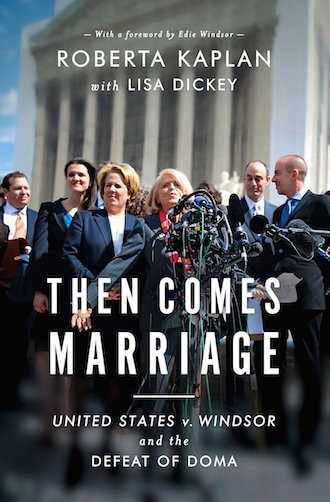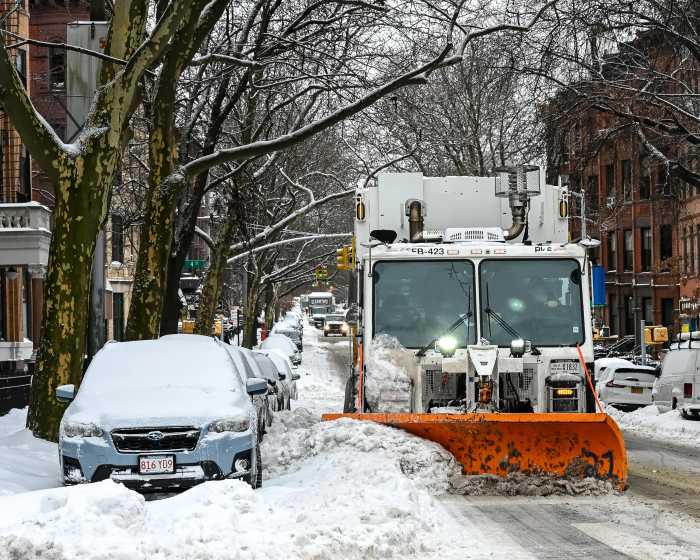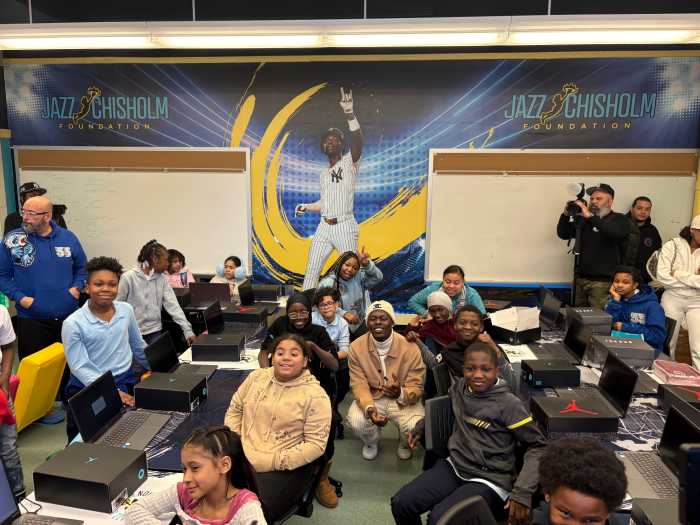Glenn Magpantay . | NQAPIA.ORG
To say I am deeply disappointed would be an understatement. We at the National Queer Asian Pacific Islander Alliance (NQAPIA) are aggrieved as a badly divided US Supreme Court issued a 4-4 decision in the case US v Texas on June 23. The decision upholds a lower court’s ruling to block President Barack Obama’s executive actions on immigration, which expanded the Deferred Action for Childhood Arrivals (DACA) program and created a new Deferred Action for Parental Accountability (DAPA) program.
Had this ruling gone in a more positive direction, it would have benefited more than a quarter million LGBT immigrants. Immigration laws and policies have a direct impact on the lives of LGBT people. This decision significantly diminishes our equality.
NQAPIA submitted a brief in the case illustrating the impact of the immigration programs on the lesbian, gay, bisexual, and transgender community. In April 2015, NQAPIA, together with local groups, organized a National Week of Action on Immigrants’ Rights protesting the US v. Texas lawsuit in New Orleans and New York City.
Could this decision have gone differently? While there is no way to know what would have happened had the court had its full compliment of nine justices participating, the congressional Republicans’ obstructionist refusal to fulfill their constitutional obligation to advise and consent on the president’s nominee to fill the empty seat on the Supreme Court goes to the heart of the matter.
Anti-immigration advocates have held up reviewing President Obama’s nominee to the Supreme Court. They have kept in place a stalled judiciary. We do not know how nine justices would have ruled, but the reality is a 4-4 decision, one that keeps in place lower court rulings. In this case, the Texas decision remains intact.
Playing politics with peoples lives is unacceptable. The president’s expanded DACA and DAPA immigration programs could have helped up to five million undocumented immigrants, including 400,000 Asians, to be free from deportation and gain work authorization. An estimated 267,000 undocumented immigrants are LGBT, of which a disproportionate share is Asian and Pacific Islander.
Fortunately, the original DACA program remains unaffected, and more than 100,000 undocumented Asian Americans remain potentially eligible for this program, but have not yet applied. NQAPIA, a federation of LGBT Asian American, South Asian and Pacific Islanders with local organizations across the US, vows to educate more LGBT Asian Americans to apply for DACA and to provide legal assistance.
More information about DACA can be found on our website at nqapia.org/wpp/dacadapa.
Our message to Congress as LGBT Pride Month concludes is: Take politics out of the judicial system. Meet your constitutional commitment and give the presidential Supreme Court nominee a fair hearing as soon as possible. A court with only eight justices will continually throw decisions back on the states, essentially eviscerating the role of the Supreme Court. It is your duty to set this straight.
Glenn Magpantay is executive director of the National Queer Asian Pacific Islander Alliance (NQAPIA.org), a nationwide federation of LGBT Asian American, South Asian, Southeast Asian, and Pacific Islander (AAPI) organizations. NQAPIA seeks to build the organizational capacity of local LGBT AAPI groups, develop leadership, and expand collaborations to better challenge homophobia and racism.


































